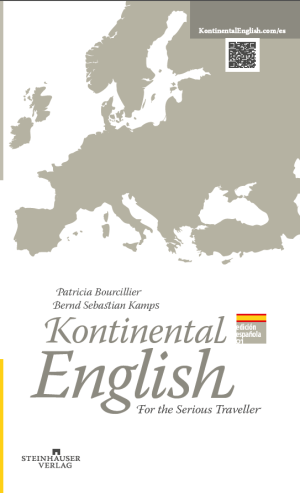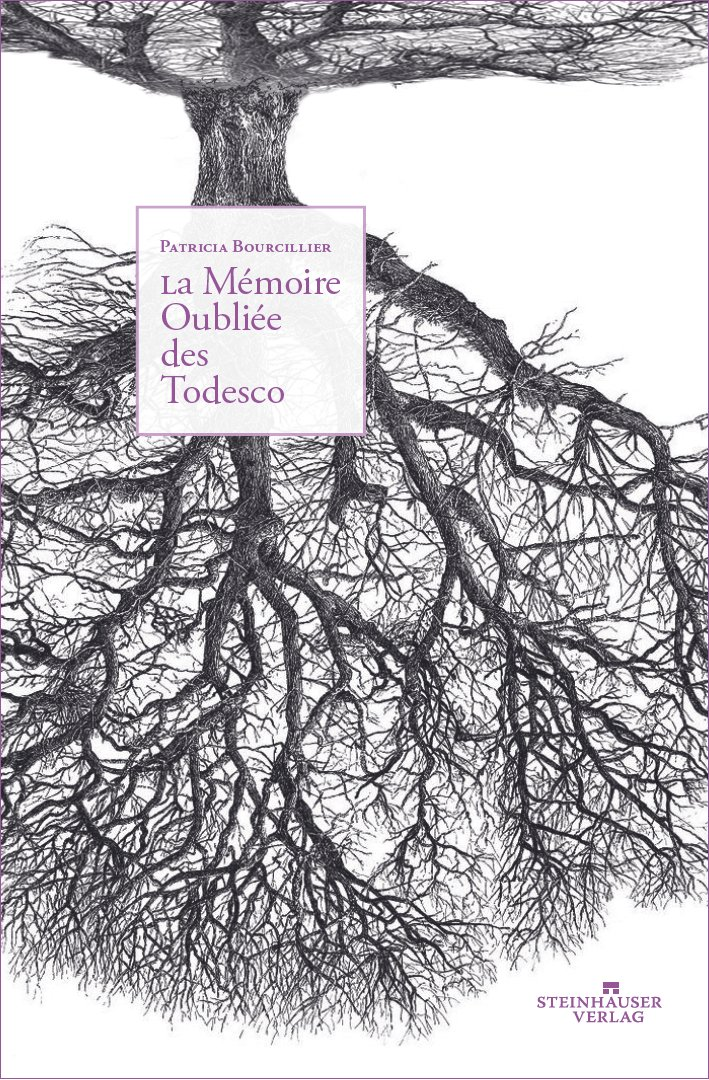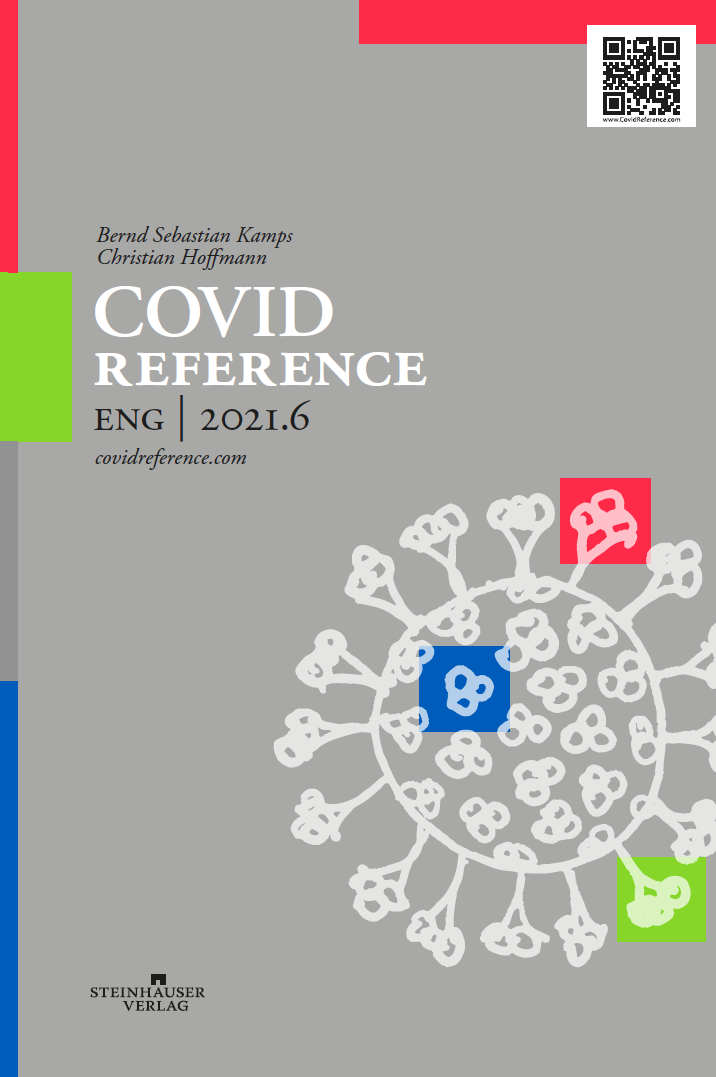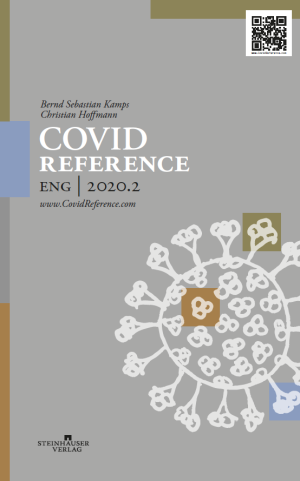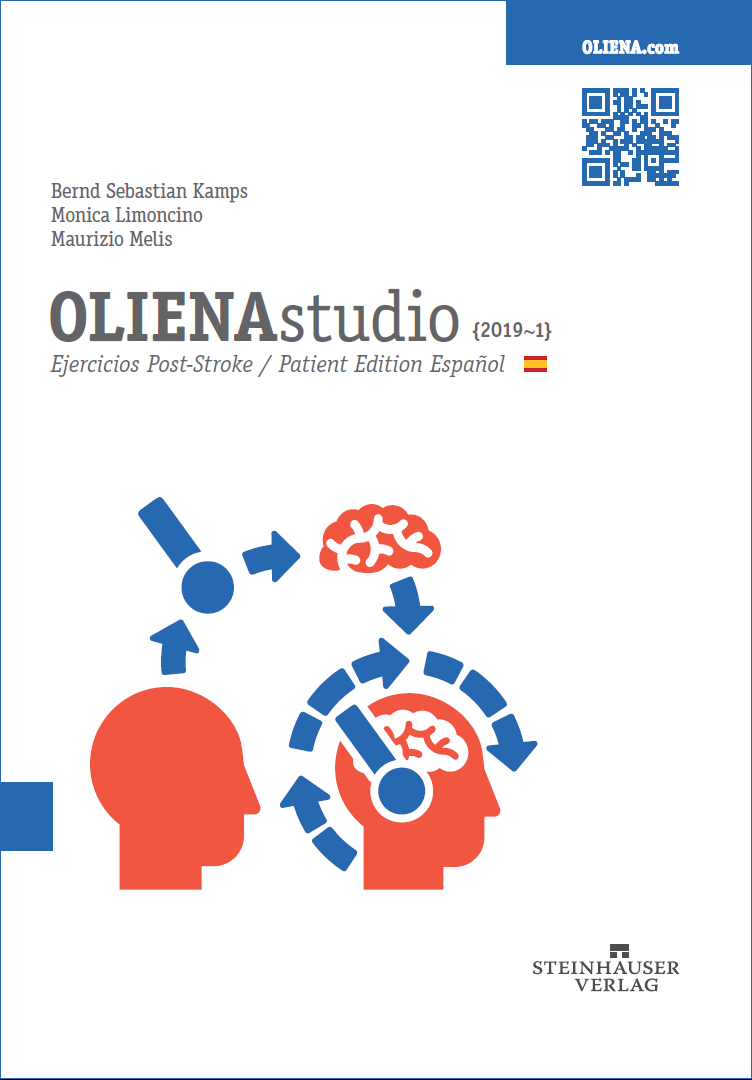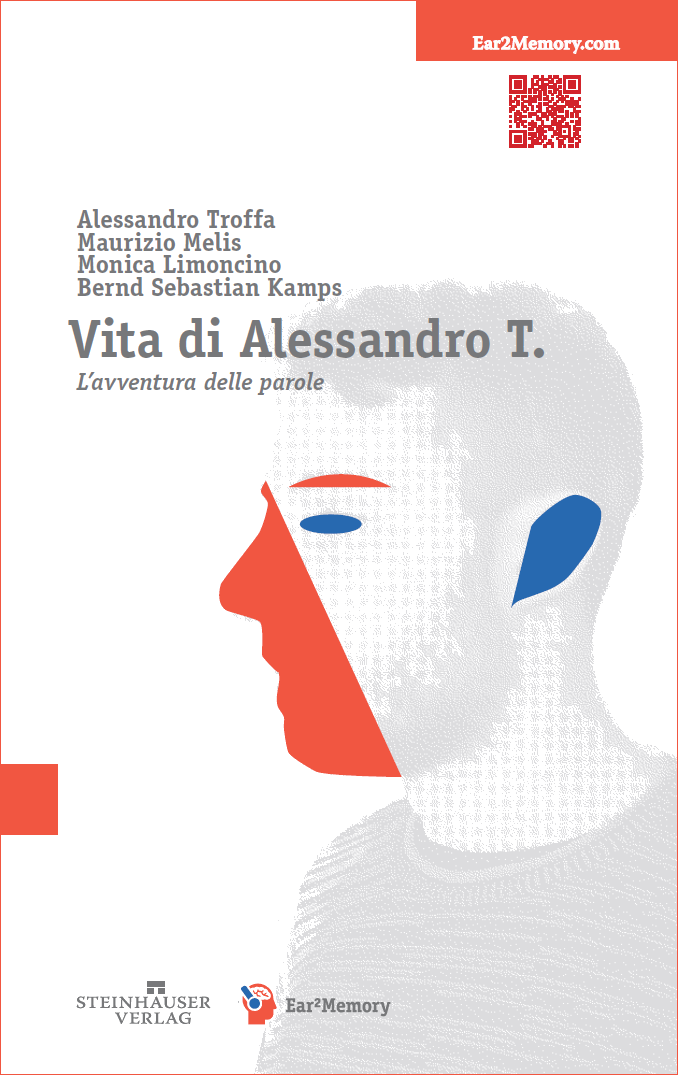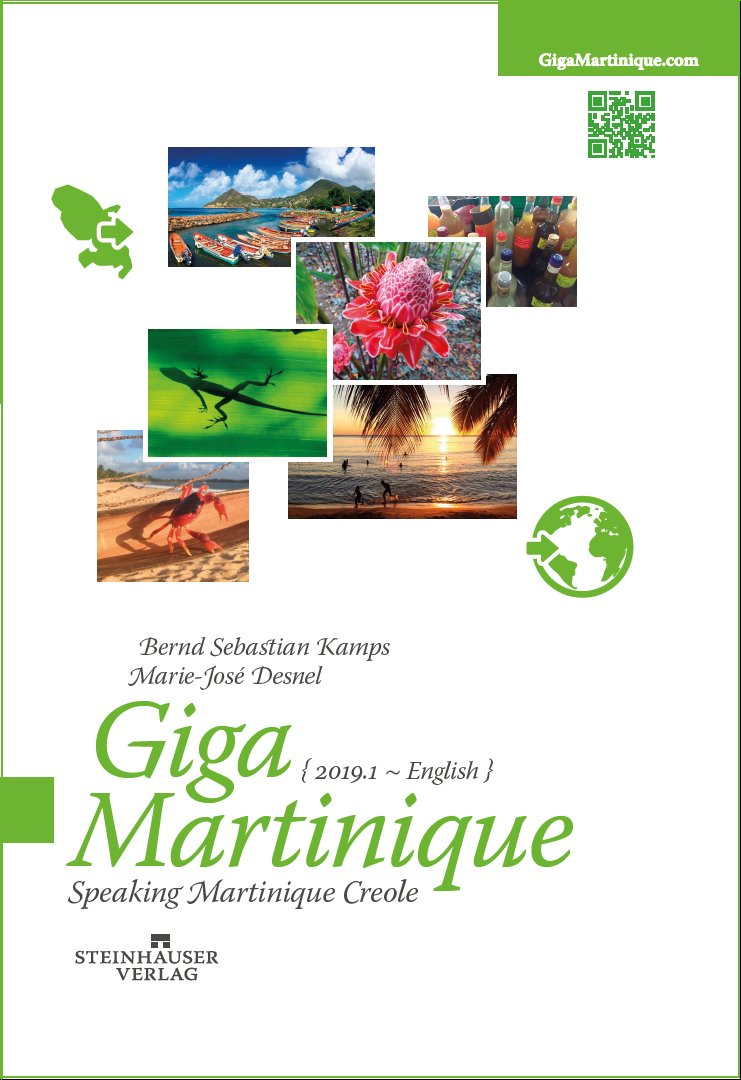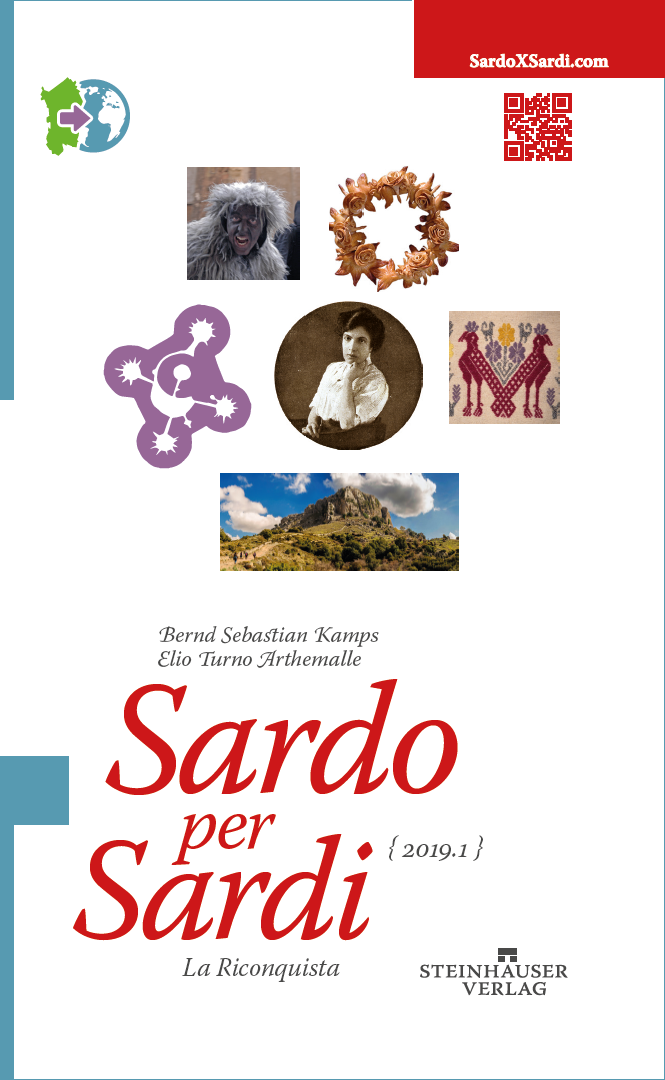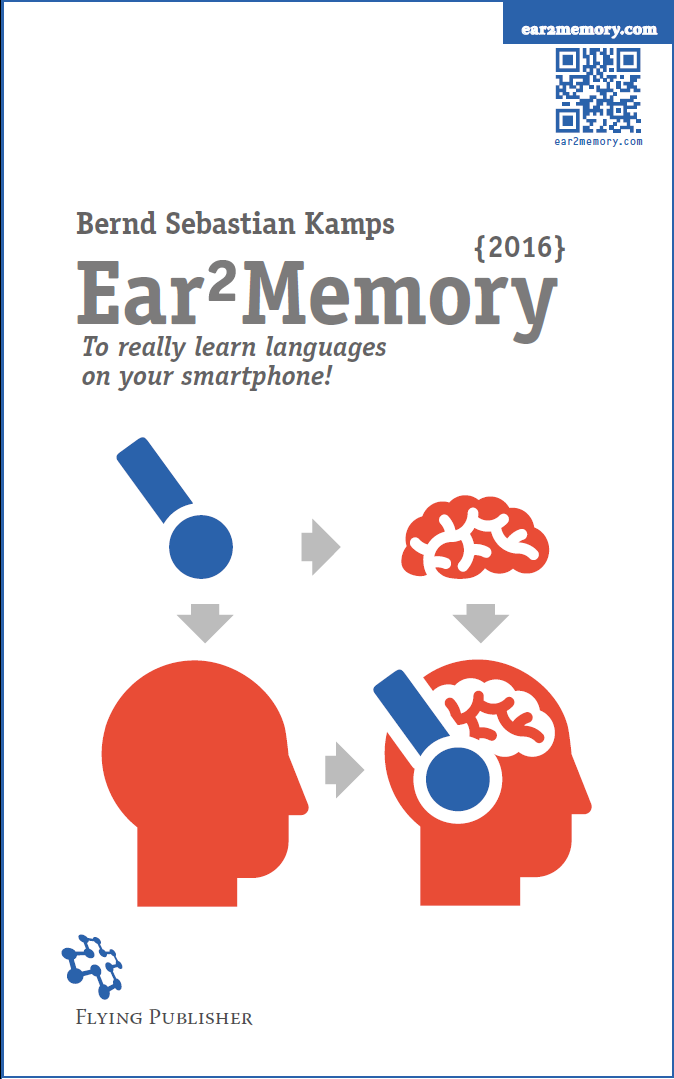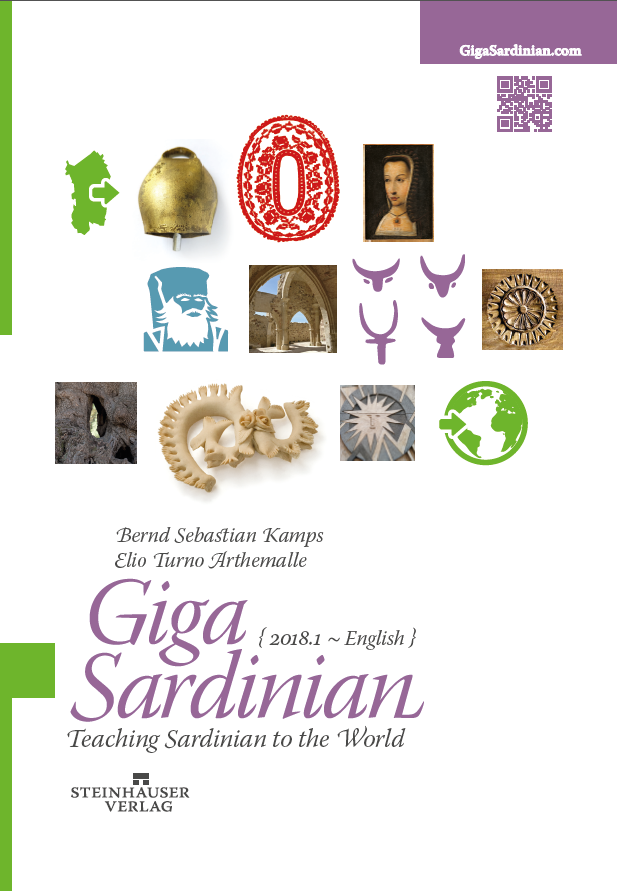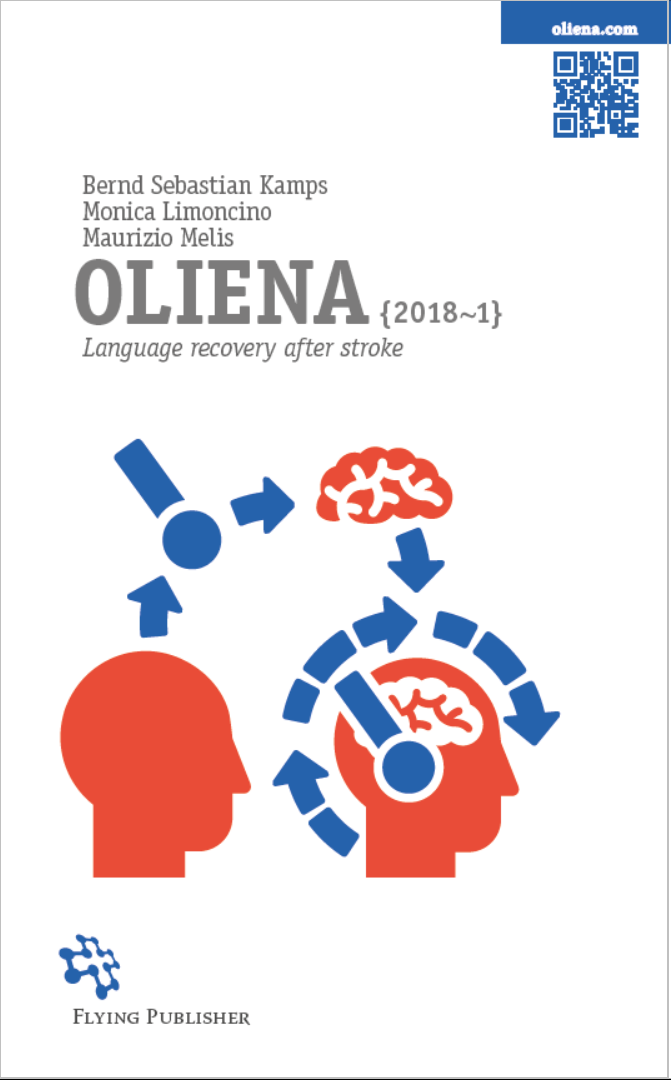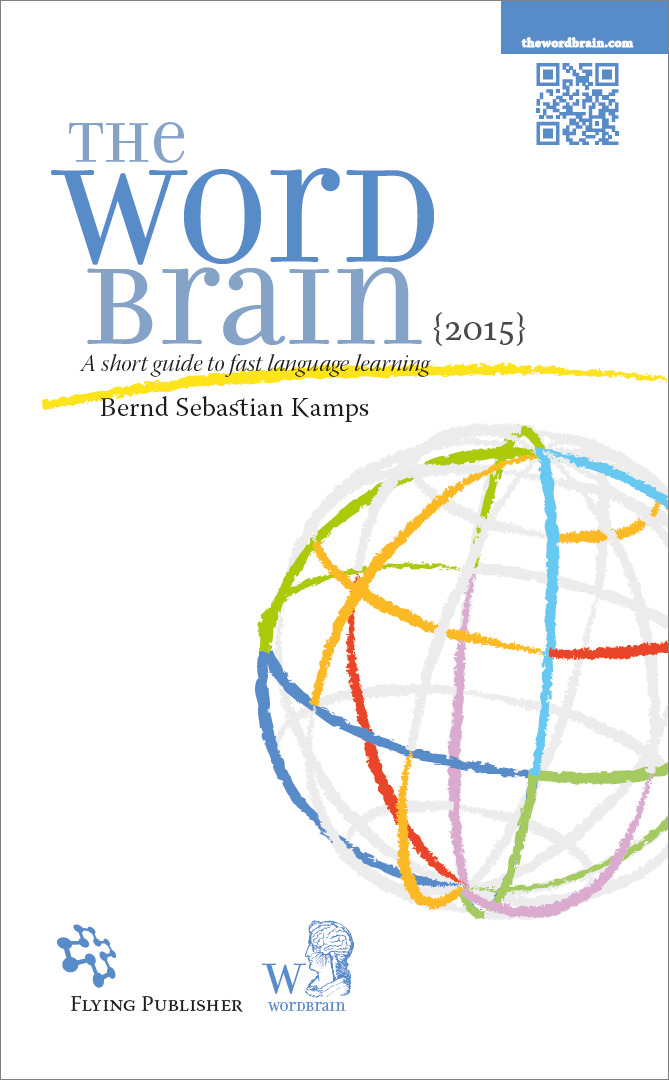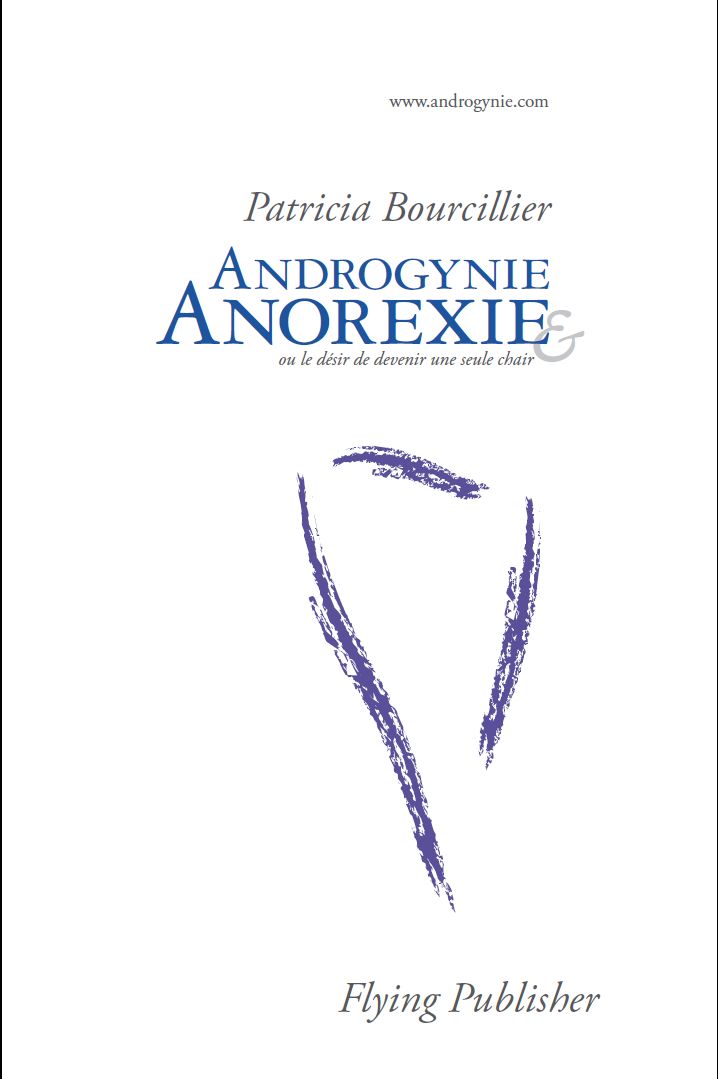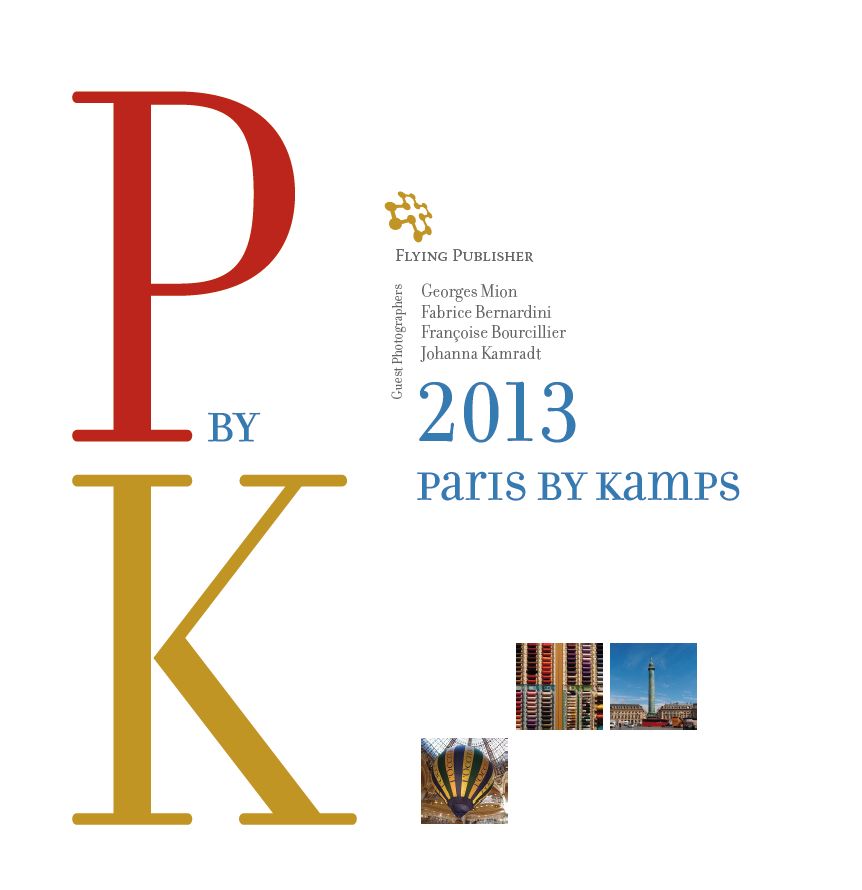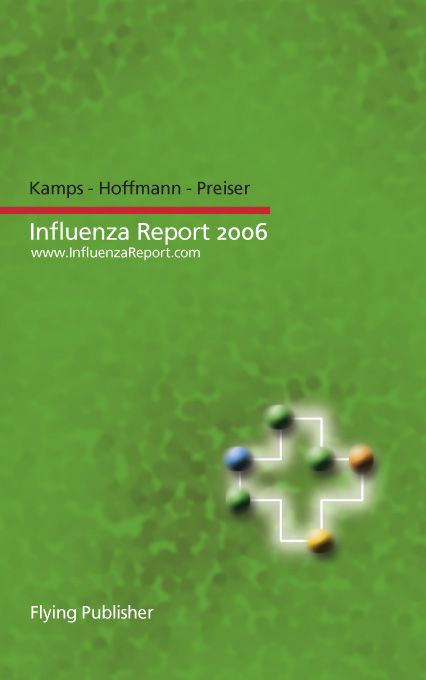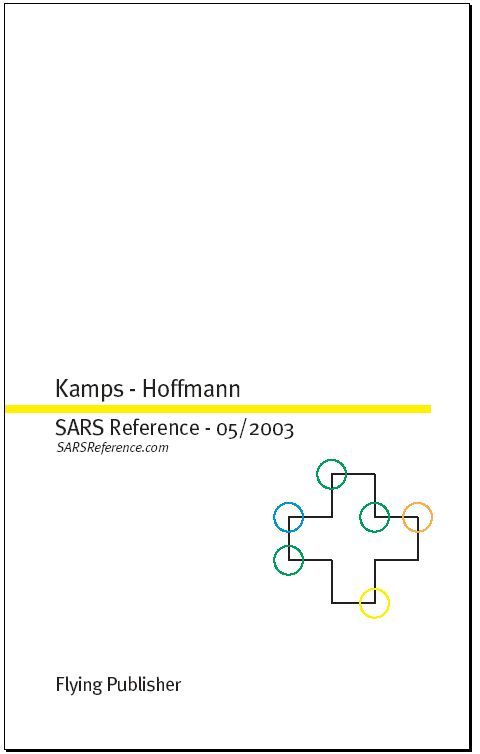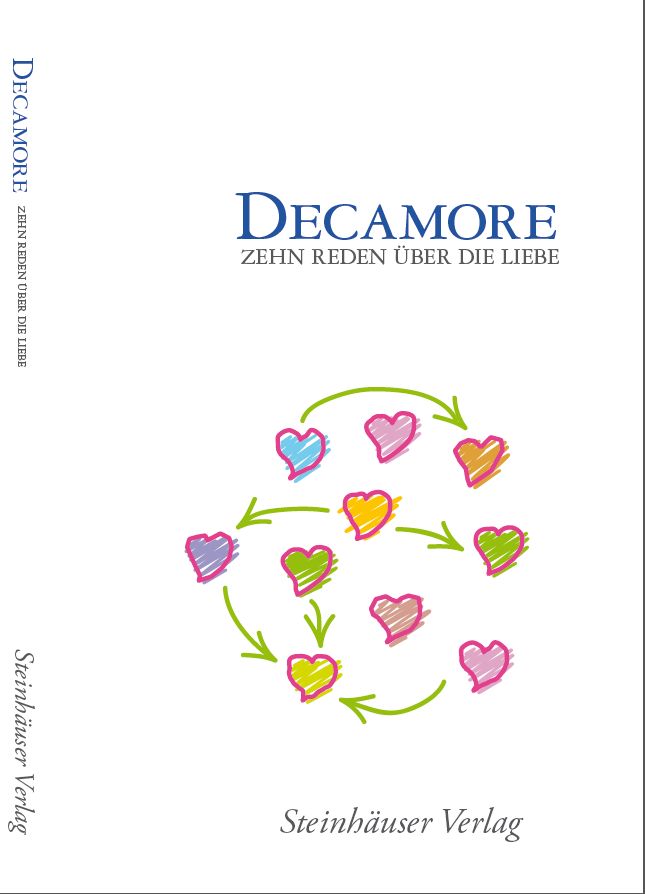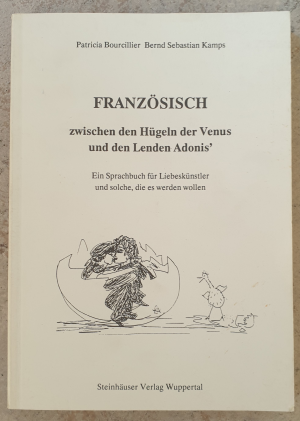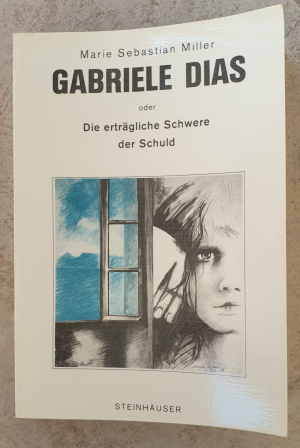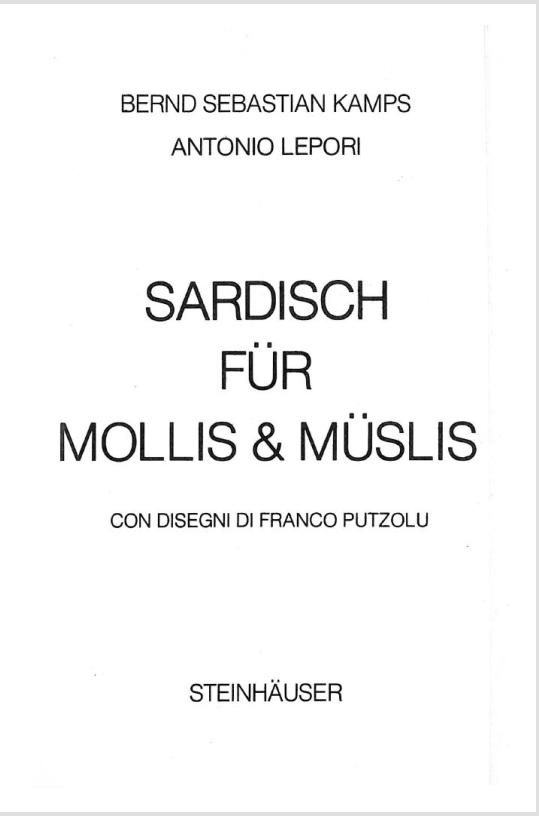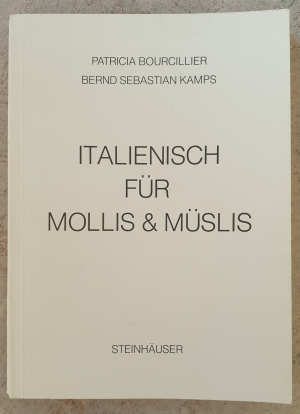1. I have, I had, I will have, et al.
* * *
For basic notions of the Italian language, continue with the next episode of Giulia, Giacomo and their friends (‘A1: Love’) and Pasta alla Caprese (‘A2: Italian Cuisine’). Then go onto Level 4.
Download the audio files from www.4elisa.com to your mobile devices and listen while reading the text and checking the English translation. Remember, there is no shame in listening to the audio 10, 20 or even 50 times!
For a more thorough knowledge of the Italian language, please continue with section B, ‘Action Words’, section C, ‘Words’, section D, ‘Rules’, etc. In Level 3, you will encounter the most important and most difficult part of this manual: avere, the #1 word of the Italian language. You will observe how action words explode into dozens of pieces and start to understand how to appreciate the puzzle.
These twenty pages are particularly hard. Don’t despair. We don’t expect you to remember every detail of what you see here, but we offer you the privilege of discovering the full potential of one single Italian action word in a single day! It is a rough initiation, but like all initiation rites, you have to do it only once!
As always, make extensive use of the audio files. Listen to them until you hear and distinguish every single word.
A1: Love (3)
Normal Speed
Slow Speed
Giulia meets Sara, one of her best friends. They discuss the breakup with Giacomo.
| Sara: Come stai? Ti senti meglio? |
S.: How are you? Do you feel better? |
| Giulia: Si, mi sento molto meglio. Finalmente l’ho lasciato. Ma non dormo bene, non mangio e non riesco a concentrarmi per gli esami. Lo odio! |
J.: Yes, I feel much better. I finally left him. But I’m not sleeping well, I’m not eating and I can’t manage to concentrate on the exams. I hate him! |
| Sara: Pazienza, Giulia, passerà. E soprattutto, non devi sentirti in colpa. È lui che ha sbagliato. |
S.: Patience, Julia, that will stop (soon). And above all, you should not feel guilty. It’s he who was wrong. |
| Giulia: Certo, ma sei sicura che quella storia con Valeria va avanti da settimane? |
J.: Yes, but are you sure that that relationship with Valeria has been going on for weeks? |
| Sara: Così mi hanno detto. E li ho visti anche mentre uscivano dal corso di farmacologia dieci minuti prima della fine… |
S.: That’s what I was told. And I saw them also coming out of pharmacology class ten minutes before the end… |
| Giulia: Uffa, mi sento come in un frullatore. Ho la testa nel pallone. |
J.: Ugh, I feel like I’m in a blender. Completely confused. |
| Sara: Non pensare più a lui. Chi non ti ama non ti merita. Sei così carina. Troverai presto un altro compagno… |
S.: Don’t think of him anymore. He who doesn’t love you, doesn’t deserve you. You’re so pretty. You’ll find another boyfriend quickly… |
Words
|
come stai? |
how are you? |
|
sentirsi |
to feel |
|
meglio |
better |
|
molto |
much; very |
|
finalmente |
finally, in the end |
|
dormire |
to sleep |
|
bene |
well |
|
mangiare |
to eat |
|
riuscire |
to manage; to succeed |
|
concentrarsi |
to concentrate |
|
l’esame (m.) |
exam |
|
odiare |
to hate |
|
la pazienza |
patience |
|
passare |
to pass; to stop |
|
soprattutto |
above all |
|
non devi |
you must not |
|
sentirsi in colpa |
to feel guilty |
|
è lui che |
it’s him who |
|
sbagliare |
to be wrong, mistaken |
|
certo |
certainly |
| essere sicuro |
to be sure |
|
andare avanti |
to continue |
|
da settimane |
for weeks |
|
così |
so |
|
mi hanno detto |
they told me |
|
li ho visti |
I saw them |
|
mentre |
while |
|
uscire |
to go/come out |
|
il corso |
class |
|
farmacologia |
pharmacology |
|
dieci |
10 |
|
il minuto |
minute |
|
come |
like; how |
|
il frullatore |
blender |
|
il pallone |
ball |
|
la testa |
head |
|
avere la testa nel pallone |
to be confused |
|
non pensare più |
don’t think anymore |
|
chi |
who |
|
amare |
to love |
|
meritare |
to deserve |
|
carino/-a |
pretty |
|
trovare |
to find |
|
presto |
soon, quickly |
|
altro/-a |
other |
|
il compagno |
boyfriend |
A2: Italian Cuisine (3)
Normal Speed
Slow Speed
Pasta alla Caprese is another classics. Be careful to choose tasty ingredients, in particular tomatoes, basil and olive oil.
|
Per 4 persone: 400 g di pasta corta (farfalle, fusilli, mezze penne ecc.). Condimento: 4 pomodori, 200 g di mozzarella, 15 piccole foglie di basilico, 100 ml di olio d’oliva, sale, un pizzico di origano (opzionale). |
For 4 people: 400 g short pasta (farfalle, fusilli, mezze penne, etc.). Dressing: 4 tomatoes, 200 g of mozzarella, 15 small basil leaves, 100 ml of olive oil, salt, a pinch of oregano (optional). |
|
Tagliare a dadini (1-2 cm) i pomodori e la mozzarella e metterli in un recipiente alto. Aggiungere olio, sale, basilico tagliato a mano (e eventualmente l’origano). |
Dice (1-2 cm) tomatoes and mozzarella and place them in a tall container. Add oil, salt, basil torn by hand (and the oregano as you wish). |
|
Cuocere la pasta (vedi Level 1). Una volta scolata, metterla immediatamente nel recipiente del condimento e mescolare energicamente con due cucchiai di legno. |
Cook pasta (see Level 1). Once drained, put it immediately into the bowl of the sauce and stir vigorously with two wooden spoons. |
|
Variazioni dello chef: aggiungere 200 g di tonno bollito e schiacciato con la forchetta e 3 cucchiai di pesto alla genovese. |
Chef’s variations: add 200 g of tuna boiled and crushed with a fork and 3 tablespoons of pesto. |
Words
|
il pomodoro |
tomato |
|
la mozzarella |
mozzarella |
|
piccolo/-a |
small |
|
la foglia |
leave |
|
il basilico |
basil |
|
il sale |
salt |
|
un pizzico di |
a pinch of |
|
l’origano |
oregano |
|
tagliare |
to cut |
|
tagliare a dadini |
to dice |
|
il recipiente |
container |
|
alto/-a |
tall, high |
|
possibilmente |
possibly |
|
tagliato a mano |
torn by hand |
|
eventualmente |
optionally |
|
una volta |
once |
|
mescolare |
to stir |
|
energicamente |
vigorously |
|
il tonno |
tuna |
|
schiacciare |
to crush |
|
la forchetta |
fork |
|
il pesto alla genovese |
pesto sauce |
B1. Action Words
|
Infinito |
avere |
|
|
Participio passato |
avuto |
|
|
Gerundio presente |
avendo |
|
|
Imperativo |
abbi | abbia | abbiamo | abbiate | abbiano |
|
Presente |
Imperfetto |
||
|
io |
ho |
avevo |
|
|
tu |
hai |
avevi |
|
|
lui/lei |
ha |
aveva |
|
|
noi |
abbiamo |
avevamo |
|
|
voi |
avete |
avevate |
|
|
loro |
hanno |
avevano |
|
Futuro semplice |
Condizionale pres. |
Passato remoto |
|
|
io |
avrò |
avrei |
ebbi |
|
tu |
avrai |
avresti |
avesti |
|
lui/lei |
avrà |
avrebbe |
ebbe |
|
noi |
avremo |
avremmo |
avemmo |
|
voi |
avrete |
avreste |
aveste |
|
loro |
avranno |
avrebbero |
ebbero |
|
Congiuntivo |
Congiuntivo |
|
|
che io |
abbia |
avessi |
|
che tu |
abbia |
avessi |
|
che lui/lei |
abbia |
avesse |
|
che noi |
abbiamo |
avessimo |
|
che voi |
abbiate |
aveste |
|
che loro |
abbiano |
avessero |
| In the coming levels, you will see many of these colourful tables. The ‘standard mode’ of action words is the so-called indicativo which expresses facts of life that really happened, are happening right now or will be happening in the future; as the indicativo is the default mode, we don’t specify it and say simply presente and imperfetto. The indicativo is also called mood. Other moods are 1) the condizionale (conditional), 2) the congiuntivo (subjunctive), and 3) the imperativo (imperative). In addition, there are also three indefinite moods which do not indicate the person: infinito (infinitive), participio (participle) and gerundio (gerund). Does that sound confusing? If it does, forget it if you like! Just remember that there is a congiuntivo which Italians use to express doubts, thoughts, wishes, beliefs, and worries. The congiuntivo will later cause you a bit of a headache; we might have something to alleviate your pain. |
audio
Of the 42 words presented in the table above, 24 of them we first saw in Level 1:
Presente
ho-hai-ha | abbiamo-avete-hanno
I, you have, he or she has | we, you, they have
Imperfetto
avevo-avevi-aveva | avevamo-avevate–avevano
I, you, he or she had | we, you, they had
I, you, he or she used to have | we, you, they used to have
Futuro
avrò-avrai-avrà | avremo-avrete-avranno
I, you, he or she will have | we, you, they will have
Condizionale presente
avrei-avresti-avrebbe | avremmo-avreste-avrebbero
I, you, he or she would have | we, you, they would have
Dimensions of time
Before continuing our exploration of avere, let’s briefly return to the dimensions of time. Remember Level 0: When talking about your life, you frequently use the present, the past and the future: I have (presente), I had (imperfetto), I will have (futuro).
Less frequently, you will also say I had had (trapassato prossimo past perfect) to express something that happened before ‘I had’; or I will have had (futuro anteriore future perfect) to talk about something that will happen before an even more distant future.
Please note that 1) I had has two equivalents in Italian, the passato prossimo (‘ho fatto’) and the imperfetto (‘avevo’); 2) passato remoto simple past is another (yes, a third!) way to say I had; and, finally, 3) trapassato remoto preterite perfect is another way to say I had had. That gives you 8 tenses (new tenses shown in blue):
However, life isn’t carved in stone, but variable and subject to conditions – for example, when you say I would have (condizionale presente present conditional) or I would have had (condizionale passato past conditional). Now you have 10 tenses (new tenses again shown in blue):
Finally, Italian has a particular way to express emotion, doubt, personal feelings, suggestions, etc. As Italians love to be precise, they add another four so-called conjunctive tenses to fully express themselves. That puts the tense count at a staggering 14 (new tenses shown in blue). Yes, Italian – like French, Spanish and Portuguese – is capable of exploding a simple I have to a total of 14 different flavours!
Fortunately, 7 of the 14 time tenses are so-called ‘compound tenses’ which recycle words you already know; however, you’ll still need to memorize the remaining 7 “six-packs” = 42 words. If you memorize them now the benefits will be doubled: first, you’ll fully master avere, the most important Italian word; second, the 42-word knowledge of avere will help you manage all other Italian action words. Mastering Level 3 is like climbing Mount Everest – after Level 3 everything else will feel like a gentle Italian downhill passeggiata slope.
Level 3, section B, is divided into 4 parts:
1. Part 1 presents just 7 words – the first person singular (I have, I had, I will have, etc.) of the 7 simple tenses.
2. The easy Part 2 combines these 7 words with the past participles loved, hoped, studied, knew, believed, understood and slept, to build the 7 compound tenses.
3. Part 3 presents complete sextets of the 7 simple tenses.
4. The easy Part 4 concludes with the sextets of the 7 compound tenses.
Examples from everyday life will show you how to use the words. Listen to the audio tracks until you know the sentences by heart.
Words
audio
The examples shown below use the following words presented in Level 2. Please take a second quick look.
|
poco |
little |
|
poco da fare |
little to do |
|
Natale |
Christmas |
|
sicuramente |
certainly |
|
nuovo |
new |
|
molto |
much |
|
un’idea |
an idea |
|
può darsi |
maybe |
|
per lei |
for her |
|
brutto |
ugly; bad |
|
avere un brutto carattere |
to be bad-tempered |
|
amare |
to love |
|
sperare |
to hope |
|
studiare |
to study |
|
sapere |
to know |
|
credere |
to believe |
|
capire |
to understand |
|
dormire |
to sleep |
|
piccolo |
small |
|
una macchina |
a car |
|
un ragazzo |
a boy, young man |
|
simpatico |
nice, pleasant |
|
una ragazza |
a girl, young woman |
|
giovane |
young |
|
grande |
big |
|
una casa |
a house |
|
un lavoro |
a job |
|
prestigioso |
prestigious |
|
ancora |
still |
|
i nonni |
grandparents |
|
una borsa di studio |
a scholarship |
|
un mestiere |
a profession |
|
immenso |
huge |
|
un successo |
a success |
|
un figlio |
a son |
|
una figlia |
a daughter |
|
solo |
only |
|
una vacanza |
a vacation |
|
breve |
short |
|
il capo |
a boss |
|
interessante |
interesting |
|
un successone |
a huge success |
|
un problema |
a problem |
|
meglio |
better |
|
proprio |
here: really, exactly |
|
una sfiga (colloquial) |
bad luck |
|
le palle (vulgar) |
balls |
audio
1. I have, I had, I will have, et al.
Let’s start with your own person, the first person singular.
1.1 Presente
|
Presente |
(io) |
ho |
I |
have |
Present |
1.2 Imperfetto
|
Imperfetto |
(io) |
avevo |
I |
had |
Imperfect |
The difference between avevo I had, I used to have and ho avuto I (have) had is a fundamental one:
avevo (imperfetto) expresses habits, states of mind, environmental descriptions and how people and the world were in the past;
ho avuto (passato prossimo) refers to an action which has been completed in the past.
Think of a theater. While avevo may describe the various elements of a theater stage set, ho avuto would describe a sudden action occuring on the stage. If you are French, Spanish or Portuguese, the difference between avevo and ho avuto is immediately clear to you (French: j’avais vs. j’ai eu; Spanish: yo tenia vs. tuve; Portuguese: eu tinha vs. tive); if not, you’ll need time to understand and digest it. We’ll talk about it in further detail in Level 8.
|
Avevo un gatto e due cani. |
I had a cat and two dogs. |
|
Avevo sempre sete. |
I was always thirsty. |
1.3 Futuro
|
Futuro semplice |
(io) |
avrò |
I |
will have |
Future |
|
Avrò poco da fare. |
I will have little to do. |
|
A Natale, avrò sicuramente un nuovo tablet. |
At Christmas, I’ll certainly get a new tablet. |
1.4 Condizionale Presente
|
Condizionale presente |
(io) |
avrei |
I |
would have |
Present conditional |
|
Avrei molto da dire. |
I would have much to say. |
|
Avrei un’idea… |
I would have (I have) an idea… |
1.5 Congiuntivo presente
Back to the present. When expressing emotion, doubt, personal feelings, suggestions, etc., the Italian language uses the subjunctive tense. As you will see, the congiuntivo presente usually translates into the present tense (I have) and the congiuntivo imperfetto into the imperfect tense (I had).
The present subjunctive congiuntivo presente:
|
Congiuntivo presente |
che io |
abbia |
that I |
have |
Present |
Here are some expressions that command the use of the congiuntivo. You will find more about the fascinating congiuntivo in Level 9.
|
Ho l’impressione che… |
I have the impression that… |
|
|
Avrei preferito che… |
I would have preferred that… |
|
|
Speravo che… |
I hoped that… |
|
|
Non sapevo che… |
I didn’t know that… |
|
|
Mi dispiace che… |
I am sorry that… |
|
|
È importante | necessario | incredibile | possibile | impossibile | naturale | probabile | difficile che… |
It is important | necessary | incredible | possible | impossible | natural | probable | difficult that… | |
|
Può darsi che… |
Maybe… |
|
Può darsi che io abbia tempo per lei. |
Maybe I have time for her. |
|
Può darsi che io abbia un brutto carattere. |
Maybe I have a bad temper. |
1.6 Congiuntivo imperfetto
And this is the congiuntivo imperfetto imperfect subjunctive:
|
Congiuntivo imperfetto |
che io |
avessi |
that I |
had |
Imperfect |
|
Può darsi che io non avessi tempo per lei. |
Maybe I didn’t have time for her. |
|
|
Può darsi che io avessi un brutto carattere. |
Maybe I had a bad temper. |
1.7 Passato remoto
Finally, to express a remote past, Italian uses the passato remoto simple past. In most parts of Italy it isn’t used in colloquial language and you’ll find it mostly in prose.
|
Passato remoto |
(io) |
ebbi |
I |
had |
Simple past |
|
Ebbi molto tempo. |
I had much time. |
1.8 Summary
|
1 |
Presente |
(io) |
ho |
I |
have |
Present | |||
|
2 |
Imperfetto |
(io) |
avevo |
I |
had, used to have |
Imperfect |
|||
|
3 |
Futuro semplice |
(io) |
avrò |
I |
will have |
Future |
|||
|
4 |
Condizionale presente |
(io) |
avrei |
I |
would have |
Present conditional |
|||
|
5 |
Congiuntivo presente |
che io |
abbia |
that I |
have |
Present |
|||
|
6 |
Congiuntivo imperfetto |
cho io |
avessi |
that I |
had |
Imperfect |
|||
|
7 |
Passato remoto |
(io) |
ebbi |
I |
had |
Simple past |
2. Compound tenses
Now comes the easy second part: take the elements shown above (ho | avevo | avrò | avrei | abbia | avessi | ebbi) and combine them with a past participle to form the so-called compound tenses. Remember: action words of the first group end in –are and form the past participle with –ato; those of the second group end in
–ere and form the past participle with –uto; and those of the third group end in –ire and form the past participle with –ito.
audio
|
Infinitive |
Past participle |
|||
|
1 |
amare |
to love |
amato |
loved |
|
sperare |
to hope |
sperato |
hoped |
|
|
studiare |
to study |
studiato |
studied |
|
|
2 |
sapere |
to know |
saputo |
knew |
|
credere |
to believe |
creduto |
believed |
|
|
3 |
capire |
to understand |
capito |
understood |
|
dormire |
to sleep |
dormito |
slept |
|
By combining ho | avevo | avrò | avrei | abbia | avessi | ebbi with amato, sperato, studiato, saputo, creduto, capito and dormito, you’ll have access, within seconds, to
· the perfect, passato prossimo
· the past perfect, trapassato prossimo
· the future perfect, futuro anteriore
· the past conditional, condizionale passato
· the past subjunctive, congiuntivo passato
· the past perfect subjunctive, congiuntivo trapassato
· and the preterite perfect, trapassato remoto
Frightening names for even more frightening tenses? Yes indeed! 7 frightening names as easy to learn as the names of 7 prehistoric birds.
|
1 |
Passato prossimo |
(io) |
ho amato |
I |
loved |
Perfect | ||||
|
2 |
Trapassato prossimo |
(io) |
avevo sperato |
I |
had hoped |
Past perfect |
||||
|
3 |
Futuro anteriore |
(io) |
avrò studiato |
I |
will have studied |
Future perfect |
||||
|
4 |
Condizionale passato |
(io) |
avrei saputo |
I |
would have known |
Past conditional |
||||
|
5 |
Congiuntivo passato |
che io |
abbia creduto |
that I |
believed |
Past |
||||
|
6 |
Congiuntivo trapassato |
che io |
avessi capito |
that I |
had understood |
Past perfect subjunctive |
||||
|
7 |
Trapassato remoto |
(io) |
ebbi dormito |
I |
had slept |
Preterite perfect |
3. Simple tense sextets
audio
Now expand ho | avevo | avrò | avrei | abbia | avessi | ebbi to ‘action word sextets’.
1. Presente
|
(io) |
ho |
I |
have |
|
(tu) |
hai |
you |
have |
|
(lui/lei) |
ha |
he/she |
has |
|
(noi) |
abbiamo |
we |
have |
|
(voi) |
avete |
you |
have |
|
(loro) |
hanno |
they |
have |
2. Imperfetto
The imperfetto endings for avere are
evo, -evi, -eva | -evamo, -evate, –evano.
|
(io) |
avevo |
I |
had |
|
(tu) |
avevi |
you |
had |
|
(lui/lei) |
aveva |
he/she |
had |
|
(noi) |
avevamo |
we |
had |
|
(voi) |
avevate |
you |
had |
|
(loro) |
avevano |
they |
had |
Just imagine a few things you or your friends had in the past:
|
Avevo una piccola macchina. |
I had a small car. |
|
Avevi un ragazzo simpatico. |
You had a nice boyfriend. |
|
Aveva una ragazza giovane. |
He/She had a young girlfriend. |
|
Avevamo una grande casa. |
We had a big house. |
|
Avevate un lavoro prestigioso. |
You had a prestigious job. |
|
Avevano ancora i nonni. |
They had still their grandparents. |
You will later see that the imperfetto endings are very similar for all action words. For avere which is a Group 2 word and ends in –ere the endings are -evo, -evi, -eva | -evamo, -evate, –evano. Here are the endings for Group 1 and Group 3 action words:
Group 1, -are: –avo, –avi, –ava | –avamo, –avate, –avano
Group 2, -ere: –evo, –evi, –eva | –evamo, –evate, –evano
Group 3, -ire: –ivo, –ivi, –iva | –ivamo, -ivate, –ivano
3. Futuro
Good news again! The endings of the futuro are regular for all action words: -ò, -ai, -à | -emo, -ete, -anno. All you need to know is the future stem for where to attach the endings. For avere, the future stem is irregular: avr-.
|
(io) |
avrò |
I will |
have |
|
(tu) |
avrai |
you will |
have |
|
(lui/lei) |
avrà |
he will |
have |
|
(noi) |
avremo |
we will |
have |
|
(voi) |
avrete |
you will |
have |
|
(loro) |
avranno |
they will |
have |
Imagine a few things you or your friends will have in the future.
|
Avrò una borsa di studio. |
I’ll have a scholarship. |
|
Avrai un mestiere interessante. |
You’ll have an interesting profession. |
|
Avrà un immenso successo. |
He/She’ll have a huge success. |
|
Avremo un figlio e una figlia. |
We’ll have a son and a daughter. |
|
Avrete solo una vacanza breve. |
You’ll have only a short vacation. |
|
Avranno un nuovo capo. |
They’ll have a new boss. |
4. Condizionale presente
Whenever the future is uncertain, we use the condizionale. The endings of the condizionale, too, are the same for all action words: -ei, -esti, -ebbe | -emmo, -este, –ebbero. Again, attach them to the future stem avr-.
|
(io) |
avrei |
I would |
have |
|
(tu) |
avresti |
you would |
have |
|
(lui/lei) |
avrebbe |
he would /she would |
have |
|
(noi) |
avremmo |
we would |
have |
|
(voi) |
avreste |
you would |
have |
|
(loro) |
avrebbero |
they would |
have |
| ‘If this or that happened, then…’ | |
| …avrei una borsa di studio. | …I’d have a scholarship. |
| …avresti un mestiere interessante. | …you’d have an interesting job. |
| …avrebbe un immenso successo. | …he/she’d have a huge hit. |
| …avremmo un figlio e una figlia. | …we’d have a son and a daughter. |
| …avreste solo una vacanza breve. | …you’d have only a short vacation. |
| …avrebbero un nuovo capo. | …they’d have a new boss. |
5. Congiuntivo presente
When expressing emotion, doubt, personal feelings, suggestions, uncertainty and possibility (see Details in Level 9), we have to use the Italian congiuntivo. The present subjunctive can be translated in English either by the present or the future tense.
|
che io |
abbia |
that I |
have |
|
che tu |
abbia |
that you |
have |
|
che lui/lei |
abbia |
that he/she |
has |
|
che (noi) |
abbiamo |
we |
have |
|
che (voi) |
abbiate |
you |
have |
|
che (loro) |
abbiano |
they |
have |
As you see, abbia is the same for the three singular forms. As a consequence, you need to specify who is the subject of the sentence: io, tu or lui/lei:
| Può darsi… / Spero… |
It’s possible… / I hope |
| … che io abbia tempo. | … that I’ll have time. |
| … che tu abbia un successone. | … that you’ll have a huge hit. |
| … che lui/lei abbia un problema. | … that he/she’ll have a problem. |
| … che abbiamo meglio da fare. | … that we have something better to do. |
| … che abbiate proprio una grande sfiga. | … that you’ll have really a great misfortune. |
| … che abbiano le palle per farlo. | … that they’ll have the balls to do it. |
6. Congiuntivo imperfetto
The imperfect subjunctive is usually translated by the imperfect tense.
|
che io |
avessi |
that I |
had |
|
che tu |
avessi |
that you |
had |
|
che (lui/lei) |
avesse |
that he/she |
had |
|
che (noi) |
avessimo |
that we |
had |
|
che (voi) |
aveste |
that you |
had |
|
che (loro) |
avessero |
that they |
had |
As avessi is the same for the two first singular forms, you will specify who is the subject of the sentence, io or tu:
|
Era improbabile… |
It was improbable… |
| …che io avessi tempo. | … that I had time. |
| … che tu avessi un successone. | … that you had a huge success. |
| … che avesse un problema maggiore. | … that he/she had a major problem. |
| … che avessimo meglio da fare. | … that we had something better to do. |
| … che aveste proprio una grande sfiga. | … that you had really a great misfortune. |
| … che avessero le palle per farlo. | … that they had the balls to do it. |
7. Passato remoto
The passato remoto simple past is used to recount historical events or actions in the distant past. In conversational Italian, it is not used in Northern and Central Italy.
|
(io) |
ebbi |
I |
had |
|||
|
(tu) |
avesti |
you |
had |
|||
|
(lui/lei) |
ebbe |
he/she |
had |
|||
|
(noi) |
avemmo |
we |
had |
|||
|
(voi) |
aveste |
you |
had |
|||
|
(loro) |
ebbero |
they |
had |
|||
4. Compound tense sextets
We come to the final part of our action verb odyssey, the compound tenses. Please make sure and become comfortable with the following three today:
Passato prossimo (I, you he/she, etc. loved):
ho amato – hai amato – ha amato |
abbiamo amato – avete amato – hanno amato
Trapassato prossimo (I, you he/she, etc. had hoped):
avevo sperato – avevi sperato – aveva sperato |
avevamo sperato – avevate sperato – avevano sperato
Condizionale passato (I, you, he/she, etc. would have known):
avrei saputo – avresti saputo – avrebbe saputo |
avremmo saputo – avreste saputo – avrebbero saputo
We present the 7 compound tenses with the action words
amare/amato to love/loved
sperare/sperato to hope/hoped
studiare/studiato to study/studied
sapere/saputo to know/known
credere/creduto to believe/believed
capire/capito to understand/understood
dormire/dormito to sleep/slept
audio
1. Passato prossimo
|
(io) |
ho amato |
I |
loved |
|
(tu) |
hai amato |
you |
loved |
|
(lui/lei) |
ha amato |
he/she |
loved |
|
(noi) |
abbiamo amato |
we |
loved |
|
(voi) |
avete amato |
you |
loved |
|
(loro) |
hanno amato |
they |
loved |
2. Trapassato prossimo
|
(io) |
avevo sperato |
I |
had hoped |
|
(tu) |
avevi sperato |
you |
had hoped |
|
(lui/lei) |
aveva sperato |
he/she |
had hoped |
|
(noi) |
avevamo sperato |
we |
had hoped |
|
(voi) |
avevate sperato |
you |
had hoped |
|
(loro) |
avevano sperato |
they |
had hoped |
3. Futuro anteriore
|
(io) |
avrò studiato |
I will |
have studied |
|
(tu) |
avrai studiato |
you will |
have studied |
|
(lui/lei) |
avrà studiato |
he/she will |
have studied |
|
(noi) |
avremo studiato |
we will |
have studied |
|
(voi) |
avrete studiato |
you will |
have studied |
|
(loro) |
avranno studiato |
they will |
have studied |
4. Condizionale passato
|
(io) |
avrei saputo |
I would |
have known |
|
(tu) |
avresti saputo |
you would |
have known |
|
(lui/lei) |
avrebbe saputo |
he/she would |
have known |
|
(noi) |
avremmo saputo |
we would |
have known |
|
(voi) |
avreste saputo |
you would |
have known |
|
(loro) |
avrebbero saputo |
they would |
have known |
5. Congiuntivo passato
|
che io |
abbia creduto |
that I |
believed |
|
che tu |
abbia creduto |
that you |
believed |
|
che lui/lei |
abbia creduto |
that he/she |
believed |
|
che (noi) |
abbiamo creduto |
that we |
believed |
|
che (voi) |
abbiate creduto |
that you |
believed |
|
che (loro) |
abbiano creduto |
that they |
believed |
6. Congiuntivo trapassato
|
che io |
avessi capito |
that I |
had understood |
|
che tu |
avessi capito |
that you |
had understood |
|
che (lui/lei) |
avesse capito |
that he/she |
had understood |
|
che (noi) |
avessimo capito |
that we |
had understood |
|
che (voi) |
aveste capito |
that you |
had understood |
|
che (loro) |
avessero capito |
that they |
had understood |
7. Trapassato remoto
|
(io) |
ebbi dormito |
I |
had slept |
|
(tu) |
avesti dormito |
you |
had slept |
|
(lui/lei) |
ebbe dormito |
he/she |
had slept |
|
(noi) |
avemmo dormito |
we |
had slept |
|
(voi) |
aveste dormito |
you |
had slept |
|
(loro) |
ebbero dormito |
they |
had slept |
5. Summary
You have climbed the Italian Mount Everest! Congratulations! Only later will you fully appreciate what you have accomplished today: conquering the fundamentals of one Italian action word. This was the hard core of Italian grammar – in comparison, every other aspect of grammar will appear clean and transparent.
In a few moments, Elisa will take you to the beach but before that see how volere and potere work, check a few question words and take a quick glance at important words you’ll discover in Level 4.
B2. Action Words
Volere + potere
{AUDIO} Today’s irregular action words are volere to want and potere to be able to, can.
| volere to want I want, etc. |
potere to be able to, can I can/am able to, etc. |
||
|
io |
voglio |
posso |
I |
|
tu |
vuoi |
puoi |
you |
|
lui/lei |
vuole |
può |
he/she |
|
noi |
vogliamo |
possiamo |
we |
|
voi |
volete |
potete |
you |
|
loro |
vogliono |
possono |
they |
C. Words
Question words
audio
|
chi? |
who? |
||
|
cosa? |
what? |
||
|
dove? |
where? |
||
|
da dove? |
from where? |
||
|
perché? |
why? |
||
|
come? |
how? |
||
|
quando? |
when? |
||
|
Examples |
|||
|
Chi sei? |
Who are you? |
||
|
Cosa vuoi? |
What do you want? |
||
|
Dove siete andati? |
Where did you go? |
||
|
Da dove venite? |
Where are you coming from? |
||
|
Perché mi hai baciato? |
Why did you kiss me? |
||
|
Come hai fatto questo? |
How did you do that? |
||
|
Quando ci vediamo? |
When will we see each other (again)? |
||
Preview of Level 4
{AUDIO} In Level 4, you will find the following words. Please take a first peek at them.
|
contento/-a |
glad |
|
stare con |
to stay with |
|
curioso/-a |
curious |
|
conoscere |
to know |
|
dispiaciuto/-a |
disappointed |
|
andare in vacanza |
to go on vacation |
|
pensare |
to think |
|
sposare |
to marry |
|
dolce |
sweet |
|
terribilmente |
terribly |
|
la squadra |
team |
|
eccellente |
excellent |
|
l’aiuto |
help |
|
fantastico |
fantastic |
|
bambino |
baby boy |
|
bambina |
baby girl |
|
mio |
my |
|
tuo |
your |
|
suo |
his/her |
|
questo |
this |
|
quello |
that |
|
andare |
to go |
|
il medico |
the doctor |
|
la mattina |
the morning |
|
prima |
before |
|
il professore |
professor |
|
l’esame (m.) |
exam |
|
male |
badly, wrongly |
|
l’anno |
year |
|
la laurea |
graduation |
|
fuori |
outside |
|
andare fuori di testa |
to lose one’s mind |
|
direttamente |
directly |
|
il cinema |
cinema |
|
tornare |
to go/come back |
|
a mezzogiorno |
at noon |
|
la casa |
house |
|
tornare a casa |
to come back home |
|
arrivare |
to arrive |
|
festeggiare |
to celebrate |
|
il matrimonio |
wedding |
|
tornare in tempo |
to come back in time |
|
partire |
to leave |
|
subito |
right away |
|
qualcuno |
someone |
|
firmare |
to sign |
|
il contratto |
contract |
|
immaginare |
to imagine |
|
supporre |
to suppose |
|
può darsi che |
it’s possible that |
|
ingenuo/-a |
naïve |
|
in anticipo |
in advance |
|
strano/-a |
weird |
|
offensivo/-a |
offensive, insulting |
|
tutti i giorni |
every day |
|
la relazione |
relationship |
|
dovere |
must, to have to |
|
la persona adatta |
the right person |
|
premiare |
to honour |
|
sapere |
to know |
D. Rules
Numbers, time
audio
Now count until 12 and indicate the hour.
|
Che ore sono? |
What time is it? |
|
|
uno, una |
1 |
È l’una. |
|
due |
2 |
It is one o’clock |
|
tre |
3 |
|
|
quattro |
4 |
Sono le due. |
|
cinque |
5 |
It is two o’clock |
|
sei |
6 |
|
|
sette |
7 |
Sono le tre e mezza. |
|
otto |
8 |
It is half past three. |
|
nove |
9 |
|
|
dieci |
10 |
Sono le cinque meno un quarto. |
| undici |
11 |
It is a quarter to five (five minus a quarter). |
| dodici |
12 |
How would you say, It’s four, five, six, seven, eight, nine, ten o’clock? Right: Sono le quattro, le cinque, le sei, le sette, le otto, le nove, le dieci. Excellent!
And how would you say at two, at three, at four, at five o’clock? Just combine the magic word alle and a number: alle due, alle tre, alle quattro, alle cinque. No need to add o’clock. Magnifico!
E. Dialogue
Normal Speed
Slow Speed
| – Andiamo al mare domani? | – Shall we go to the beach tomorrow? |
| – Si, però non rimaniamo in città. Andiamo a Chia, l’acqua è più pulita e la spiaggia è meno affollata. | – Yes, but let’s not stay in town. Let’s go to Chia, the water is cleaner and the beach is less crowded. |
| – Allora facciamo un picnic? | – So shall we have a picnic? |
| – Certamente! Però questa volta ci organizzeremo meglio. Ti ricordi la settimana scorsa? Abbiamo dimenticato la metà delle cose, pure la crema solare. | – Of course! But this time we will organise ourselves better. Do you remember last week? We forgot half the things, even the sunscreen! |
| – E siamo tornati rossi come gamberi. Mai più! Andare al mare senza crema solare è un suicidio. Questa volta metteremo la crema anche prima della partenza. Ci vogliono almeno 20 minuti prima che agisca. | – And we got back home red as shrimps. Never again! Going to the beach without sunscreen is suicide. This time we’ll also put the sunscreen on before leaving. It takes at least 20 minutes before acting. |
| – Dai, facciamo una lista: ombrellone, sdraie, asciugamani… | – Come on, make a list: parasol, beach chairs, towels… |
| – E soprattutto pinne e maschera! Il mare a Chia è pieno di pesciolini. | – And above all, fins and mask! The sea at Chia is full of fish. |
| – Per il picnic propongo panini con pomodoro, insalata e maionese. Se passiamo al supermercato prima di arrivare in spiaggia, prenderemo anche qualche fetta di prosciutto e un pezzo di formaggio. | – For the picnic, I suggest sandwiches with tomatoes, lettuce and mayonnaise. If we go to the supermarket before the beach, we can also pick up a few slices of ham and a piece of cheese. |
| – E tanta acqua! Sarà una giornata calda. | – And lots of water! It’ll be a hot day. |
|
[Gli amici arrivano in spiaggia.] |
[The friends arrive at the beach.] |
| – Guarda che splendore, sembrano i Caraibi! Che bei colori, ragazzi! | – Look, what a beauty, it seems like the Caribbean! What beautiful colours, guys! |
| – Siamo stati fortunati. È una giornata eccezionale. | – We have been lucky. It’s an exceptional day. |
| – Mettiamo l’ombrellone davanti all’isolotto. Per favore, metti subito le borse con il cibo all’ombra. | – Let’s put the parasol in front of the island. Please put the bags with the food in the shade right away. |
| – Che piacere! L’acqua è caldissima! Via, tutti in acqua! Ci tuffiamo! Ci facciamo gli schizzi! Facciamo le capriole in acqua! Chi arriva prima all’isolotto, vince. | – What a pleasure! The water is very hot! Let’s go, everyone in! Let’s dive! Let’s make splashes! Let’s do flips in the water! Whoever reaches the island first wins. |
Words
|
la spiaggia |
beach |
|
in spiaggia |
at the beach |
|
andiamo |
we go; let’s go |
|
il mare |
sea |
|
domani |
tomorrow |
|
si |
yes |
|
però |
but |
|
rimaniamo |
we stay; let’s stay |
|
la città |
city, town |
|
non rimaniamo in città |
let’s not stay in the city |
|
Chia |
beach in South Sardinia |
|
l’acqua |
water |
|
pulito/-a |
clean |
|
più pulito/-a |
cleaner |
|
affollato/-a |
crowded |
|
meno affollato, |
less crowded |
|
allora |
in that case; then |
|
facciamo |
we do/make; let’s do/make |
|
il picnic |
picnic |
|
certamente |
certainly |
|
questa volta |
this time |
|
organizzare |
to organise, arrange |
|
ci organizzeremo |
we’ll organise ourselves |
|
meglio |
better |
|
ricordarsi |
to remember |
|
ti ricordi? |
do you remember? |
|
la settimana |
week |
|
scorso/-a |
past, last |
|
dimenticare |
to forget |
|
la metà |
half |
|
la cosa |
thing |
|
la metà delle cose |
half of the things (we needed) |
|
pure |
also; even |
|
la crema solare |
sunscreen |
|
tornare |
to return, go back (home) |
|
rosso/-a |
red |
|
come |
like; how? |
|
mai più! |
never again! |
|
senza |
without |
|
il suicidio |
suicide |
|
questa volta |
this time |
|
mettere |
to put (on), place, lay |
|
anche |
also, too |
|
prima |
before |
|
prima della partenza |
before departure |
|
ci vogliono |
it takes |
|
almeno |
at least |
|
il minuto |
minute |
|
prima |
before |
|
agire |
to act, have an effect |
|
prima che agisca |
before it has an effect |
|
dai! |
come on! |
|
la lista |
list |
|
l’ombrellone (m.) |
parasol |
|
la sdraia |
beach chair |
|
l’asciugamano |
towel |
|
e |
and |
|
soprattutto |
above all |
|
la pinna |
flipper |
|
la maschera |
mask |
|
il mare |
sea |
|
a |
at |
|
pieno/-a di |
full of |
|
il pesce |
fish |
|
il pesciolino |
small fish |
|
per |
for |
|
proporre |
to propose, suggest |
|
propongo |
I propose |
|
il panino |
sandwich |
|
con |
with |
|
il pomodoro |
tomato |
|
l’insalata |
salad |
|
la maionese |
mayonnaise |
|
se |
if |
|
passare |
to pass; to go |
|
il supermercato |
supermarket |
|
prima di arrivare |
before arriving |
|
prenderemo |
we’ll take, pick up |
|
qualche |
a few |
|
la fetta |
slice |
|
il prosciutto |
ham |
|
un pezzo di |
a piece of |
|
il formaggio |
cheese |
|
tanto/-a |
here: a lot of |
|
sarà |
it will be |
|
la giornata |
day |
|
caldo/-a |
hot |
|
l’amico, pl: gli amici |
friend |
|
arrivare |
to arrive |
|
guarda! |
look! |
|
lo splendore |
beauty, brightness |
|
che splendore! |
what a beauty! |
|
sembrare |
to seem, look like |
|
I Caraibi |
the Caribbean |
|
bello/-a |
beautiful |
|
il colore |
colour |
|
che bei colori! |
what beautiful colours |
|
ragazzi! |
guys! |
|
siamo stati |
we have been, we were |
|
fortunato/-a |
lucky, fortunate |
|
è |
he/she/it is |
|
eccezionale |
exceptional, outstanding |
|
mettiamo |
we put; let’s put |
|
davanti a |
in front of |
|
l’isolotto |
small island |
|
per favore |
please |
|
metti! |
put! |
|
subito |
immediately, right away |
|
la borsa |
bag |
|
il cibo |
food |
|
l’ombra |
shadow |
|
mettere all’ombra |
to put in the shade |
|
che piacere! |
what a pleasure! |
|
caldissimo/-a |
very hot |
|
via! |
go! come on! |
|
tutti |
everyone |
|
tuffarsi |
to dive |
|
ci tuffiamo |
we dive; let’s dive |
|
lo schizzo |
splash of water; sketch |
|
la capriola |
flip |
|
chi arriva prima |
whoever reaches first |
|
vince |
he/she wins |
F. Results & Preview
You have done it! Can you say
– ho-hai-ha | abbiamo-avete-hanno
– avevo-avevi-aveva | avevamo-avevate-avevano
– avrò-avrai-avrà | avremo-avrete-avranno
– avrei-avresti-avrebbe | avremmo-avreste-avrebbero
– che io abbia-tu abbia-lui/lei abbia | che abbiamo-abbiate-abbiano
– che io avessi-tu avessi-avesse | che avessimo-aveste-avessero
– ebbi-avesti-ebbe | avemmo-aveste-ebbero
and combine these words with any of the past participles
– amato loved
– sperato hoped
– studiato studied
– saputo known
– creduto believed
– capito understood
– dormito slept
|
Infinito |
avere |
|
|
Participio passato |
avuto |
|
|
Gerundio presente |
avendo |
|
|
Imperativo |
abbi | abbia | abbiamo | abbiate | abbiano |
|
Presente |
Passato prossimo |
Imperfetto |
|
|
io |
ho |
ho avuto |
avevo |
|
tu |
hai |
hai avuto |
avevi |
|
lui/lei |
ha |
ha avuto |
aveva |
|
noi |
abbiamo |
abbiamo avuto |
avevamo |
|
voi |
avete |
avete avuto |
avevate |
|
loro |
hanno |
hanno avuto |
avevano |
| Futuro semplice |
Condizionale pres. |
Passato remoto |
|
|
io |
avrò |
avrei |
ebbi |
|
tu |
avrai |
avresti |
avesti |
|
lui/lei |
avrà |
avrebbe |
ebbe |
|
noi |
avremo |
avremmo |
avemmo |
|
voi |
avrete |
avreste |
aveste |
|
loro |
avranno |
avrebbero |
ebbero |
|
Congiuntivo |
Congiuntivo |
|
|
che io |
abbia |
avessi |
|
che tu |
abbia |
avessi |
|
che lui/lei |
abbia |
avesse |
|
che noi |
abbiamo |
avessimo |
|
che voi |
abbiate |
aveste |
|
che loro |
abbiano |
avessero |
And did you enjoy going to the beach with Elisa? And are you becoming familiar with the table above that 1) summarizes the 7 simple tenses and 2) includes the passato prossimo as an example for the 7 compound tenses?
Well, then you have been promoted to Level 4!
* * *
In Level 4, you will explore and expand the #2 Italian word, essere. The procedure is pretty much the same as in Level 3, so there will be no surprises. However, in one aspect, essere is different from avere: it wants to know if you are a girl or a boy.




